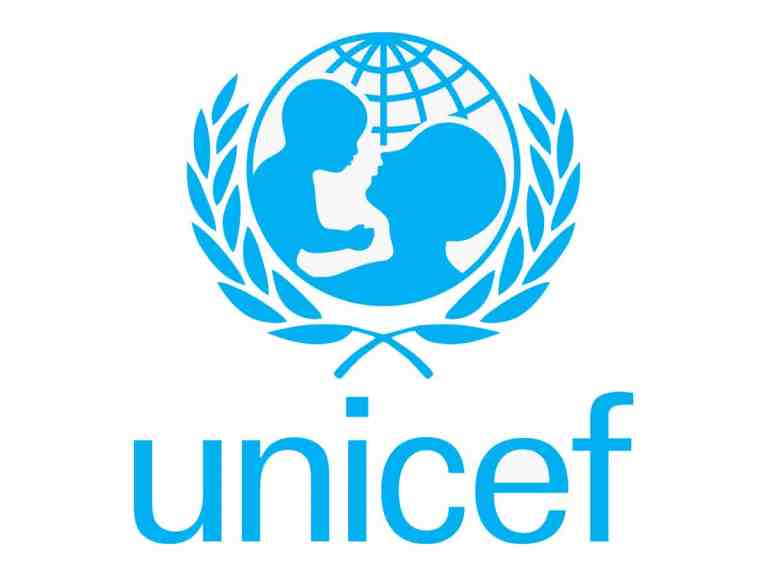The UN Children’s Fund (UNICEF) has emphasised the importance of birth registration, saying it identifies a child as an entity, not just a statistic.
Thank you for reading this post, don't forget to subscribe!
The UNICEF Country Representative to Nigeria, Mr Peter Hawkins, said this on Sunday in Abuja when he featured on the special flagship News Agency of Nigeria (NAN) Forum.
NAN reports that the Multi-Indicator Cluster Survey (MICS 6) 2021 inaugurated in August revealed that 57 per cent of Nigerian children under the age of five years had their births registered with civil authorities in 2021.
This, according to the survey, is an increase of 10 per cent from what it was in 2016.
NAN also reports that MICS is a household survey developed by UNICEF to assist countries in filling data gaps for monitoring human development indicators in general and the situation of children and women in particular.
It has evolved over the years to respond to changing data needs, expanding from 28 indicators in the first round in 1999 to 200 in its current sixth edition.
Implemented by the National Bureau of Statistics (NBS), MICS provides data on child mortality, health, nutrition, education, child and social protection, women’s healthcare and empowerment, among others.
The UNICEF country representative, therefore, said that apart from giving a child an identity, birth registration
also has an impact on the economy, health and education sectors of a nation.
He said “I think it has an impact on all three, but fundamentally, it is the impact about the child being recognised by the state that they exist, their unique identity so that they know that they are there. Not just a statistic that a child was born and then died and that’s it.
“It allows the state or it puts the burden on the state to recognise them as an entity within their domain and that they have the responsibility to provide that child with the services required to grow.
“So if you want, you know, from birth, that they exist, then it’s about survival in the first six months, and then it’s about immunisation, then it’s about going to school, and then it’s about receiving the protection that the state has a responsibility to provide that child with.”
On the 2021 MICS 6, Hawkins said it is a very significant report, adding that it gives an indication of women and children in post COVID-19 pandemic and allows for comparison with what the situation was in 2016 and 2018.
He said “I think many of the indicators have increased in a margin of around 10 per cent, for most of the indicators show the evolution that has taken place in Nigeria over a 20, 30 year period; service delivery at the state level showed progress”.
“What is worrying about the progress that has been made is a differentiation state by state; some states’ progress is very, very low and very weak; other states showed dramatic improvement over the past 20 years.
“So, it is very different in different parts, but I think one of the things that we can take out of it is there is sustained improvement for many of the indicators that we saw in the MICS.”
He, however, said that to sustain the tempo and record more improvements, accountability should be strengthened, especially by state authorities in delivering services.
He also urged authorities to ensure that financing was commensurate to the population, while the needs of the people were prioritized.
Kindly share





